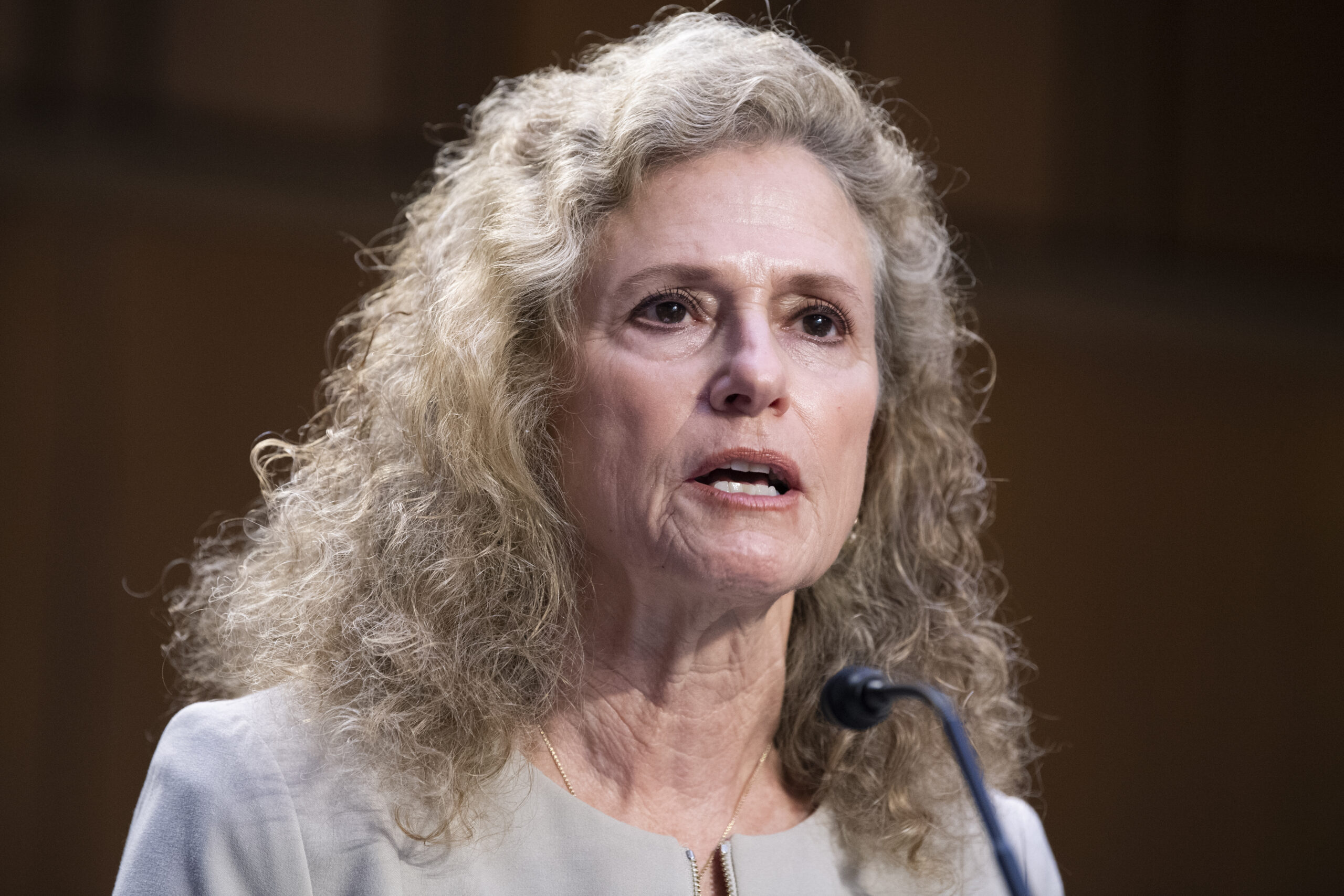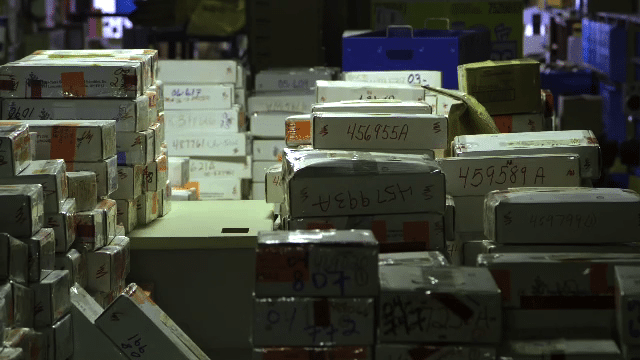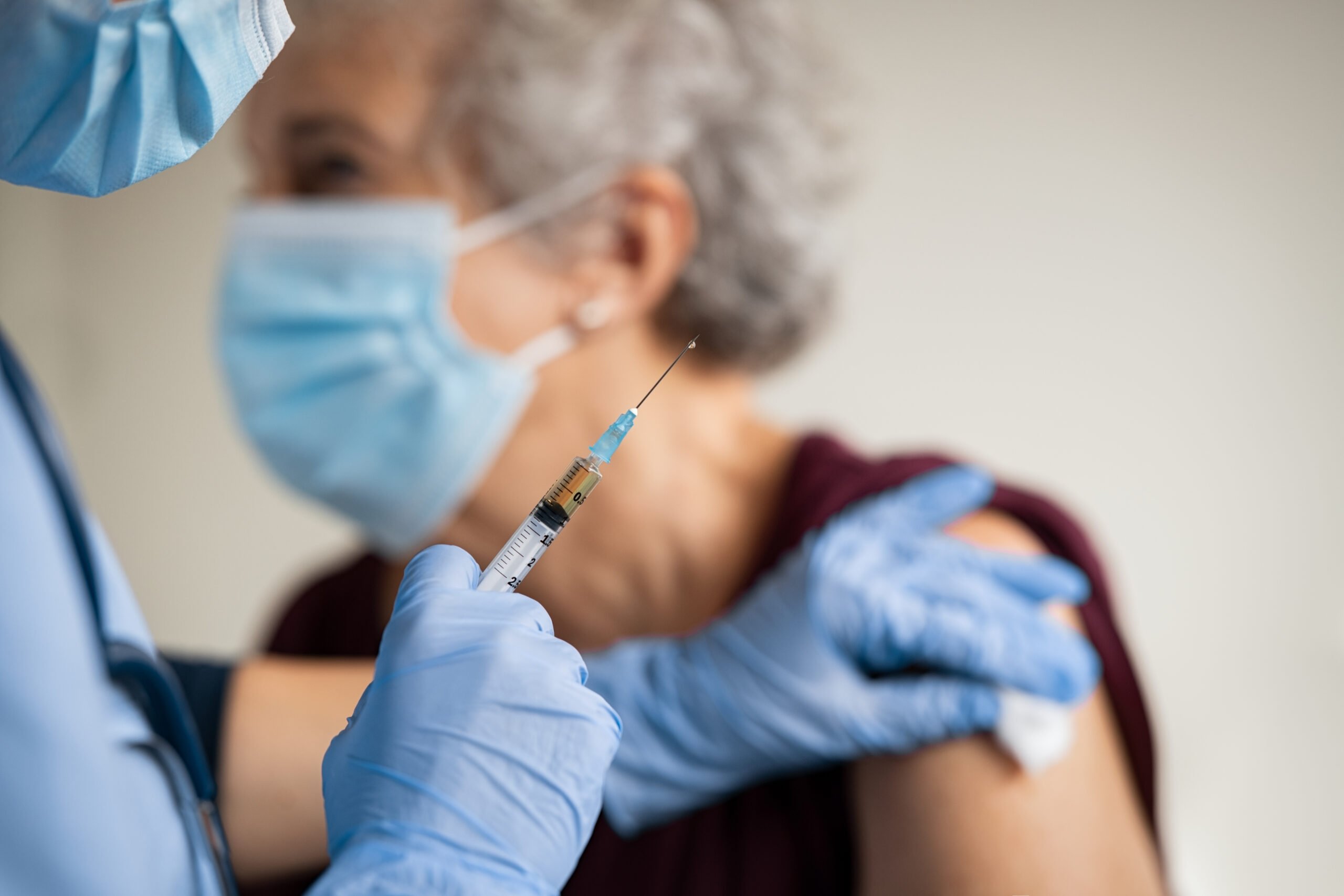
The Shot Boosters
Vaccines are under attack in Texas, and public health experts warn we'll pay a price in more outbreaks and deaths from preventable diseases.
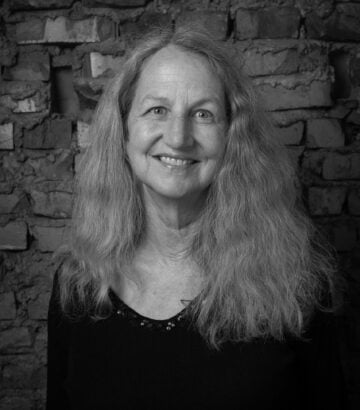
In the COVID-19 pandemic, vaccines have become more of a life-saving necessity—and yet more controversial. These days, so-called “anti-vaxxers” are using the pandemic as a political base to attack requirements for long-established vaccines that have helped keep generations of Americans safe from crippling or potentially fatal childhood diseases like polio and the measles. Already U.S. vaccine resisters have created pockets of opportunity for outbreaks of diseases, like measles. In Texas, anti-vaccine advocates convinced the Legislature years ago to allow nonmedical exemptions for public school vaccine requirements. And more public health rules are under attack, which worries vaccine advocates like Dr. Julie Boom, a pediatrician at Texas Children’s Hospital who has studied the effectiveness of vaccines and serves on the board of The Immunization Partnership, and Rekha Lakshmanan, the nonprofit’s chief strategy officer. They joined the Texas Observer’s Lise Olsen in conversation.
Once, getting vaccinated for polio, smallpox, and other infectious diseases was routine, sort of like your public duty. Why do so many people seem to be resisting vaccines these days? What’s changed?
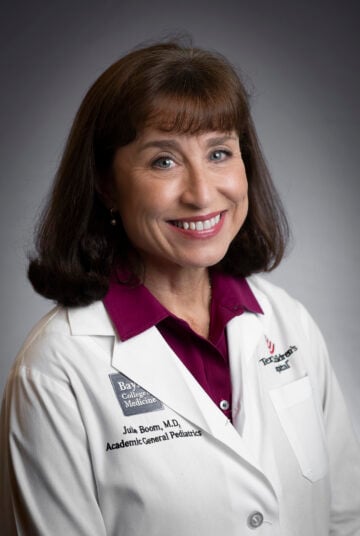
Dr. Julie Boom: Back when we had this post-World War II parent and child group that fought polio, it was an obvious natural choice that you stepped up to the plate. Then, the mentality was about helping your neighbor. And today I think that people say, “Well, I would help my neighbor as long as it’s convenient for me.”
There are groups who then want to say, you know, “This is where my medical freedom is,” and kind of to draw a wall around themselves—not understanding that if you engage in a social behavior like sending your child to school, then your world does go into someone else’s circle and our circles overlap.
How has the pandemic changed people’s thinking?
Boom: In the medical world, we always thought a pandemic would make people understand how dangerous these viruses and bacteria are. And I really thought that it would make the anti-vaccine (or the vaccine-hesitant) movement less powerful or even go away. And instead, I think it’s made people even more skeptical about medicine. If anything, it moved some of those people into much more conspiracy-type thinking.
Rehka Lakshmanan: Technology is a blessing and a curse. People used to go to network TV for information; those journalists and reporters were trusted sources. Or they would go to their family physician or their child’s pediatrician. Now, you can look something up on your phone or computer. But that reference can be a vehicle for misinformation.
I recently heard Dr. Peter Hotez, another Houston-based medical expert, talking on the radio about how even people who got the original COVID-19 shots are not getting vaccinated against variants. Are you worried that vaccine fatigue might lead to more hospitalizations?
Boom: So I think vaccine fatigue is concerning for COVID and for other vaccines. I think people are tired of hearing about it, talking about it. But I think we need to really shift our mindset into, “I am probably going to get interval vaccines throughout my life. … If the virus is moving and shifting, I have to be able to protect myself against this new foe.
So some diseases that were considered either eradicated or very, very rare because of the success of vaccines are popping up again—measles at Disneyland in California 2015 and very recently in Ohio. Scientists recently found the polio virus in New York sewers. Has an outbreak happened here?
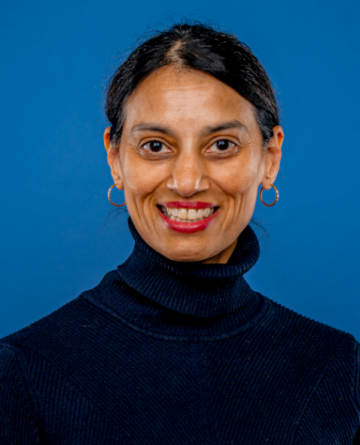
Boom: Most recently, that happened in Columbus, Ohio, and it’s happened in specific undervaccinated groups including some Somali immigrants in Minnesota [in 2017] and in the Hasidic Jewish population in New York City [in 2019]. But it can happen wherever there’s a pocket of undervaccinated individuals. And we have those pockets in Texas.
Texas lawmakers created a loophole in 2003 that allows parents to seek nonmedical vaccine exemptions for kids to attend public schools. Based on an Immunization Partnership report, some 85,000 school age children opted out in the 2021-2022 school year. Do we know if this number is continuing to grow?
Lakshmanan: I wouldn’t attribute those numbers 100 percent to people who oppose vaccines. … We’ve got vaccine-hesitant parents. We have parents who vehemently oppose vaccination. But then you have a group of parents who, for whatever reason, don’t have easy access to vaccines or can’t take time off work.
Many rural areas in Texas lack doctors and hospitals. But is the anti-vaccine movement having more of an impact in urban and suburban areas where healthcare is generally available?
Lakshmanan: Absolutely. Some of the highest exemption rates are pockets of Austin; communities just outside Dallas and Fort Worth, such as Collin County and Plano County. And some around the Houston area, such as Katy and The Woodlands/Conroe.
And, I would hypothesize that we’re going to continue to see a rise. If we look at 2003, when nonmedical exemptions became available in Texas, and we look at it today and you chart it on a graph, it is a steep climb.
These days, “anti-protectors,” as we call them, are actively teaching people how to get an exemption. They are encouraging their supporters to file nonmedical exemptions.
So we’ve had this law for 20 years that allows nonmedical exemptions for vaccines for Texas public school children. But since 2015 there have been greater efforts to boost other anti-vaccine laws, including a current proposal to ban employers from having COVID-19 vaccine mandates, right?
Lakshmanan: All of this kind of stems from what we saw a couple of years ago when federal mandates started coming down related to COVID. There was a backlash here in Texas and other states where lawmakers did not want to mirror or follow what the federal government was advising. As a result, their response was to file legislation to prohibit or to ban COVID-19 vaccine requirements.
Nothing passed in 2021. But some lawmakers have regrouped and have made it part of their agenda to ban COVID-19 vaccine requirements in pretty much all settings.
So that’s one thing you’re concerned about this session. What else?
Lakshmanan: Outside of COVID-19, my primary concern is the impact on routine childhood vaccines. COVID is being used as the gateway to go after all school-required vaccines, and we’ve already started to see legislation proposing that.
School vaccine requirements are a pillar of public health. We’ve had school requirements for decades, and essentially lawmakers want to completely undo an effective public policy tool that requires children to get their MMR [measles, mumps, and rubella] vaccine or their chickenpox vaccine to get into public school. That’s what I’m worried about.
We started out talking about how vaccines have saved lives and virtually eradicated dangerous diseases. Do you think part of the problem is that many people have never seen anyone suffering from polio, or even measles or chickenpox?
Lakshmanan: It’s a victim of its own success because parents these days, individuals these days, we don’t see cases of polio staring you down—with crippled children or people dependent on iron lungs because of respiratory failure. It has become out of sight, out of mind.
“COVID is being used as the gateway to go after all school-required vaccines, and we’ve already started to see legislation proposing that.”
A few years ago, we found an iron lung machine that was in the basement of a hospital in Austin that had been used for polio patients with respiratory failure. We brought the iron lung machine to the capital and created a teaching week. A lot of younger people who walked by didn’t know what the iron lung machine was. It’s a metal tube, where your head sticks out and the rest of your body’s inside the cylinder. The looks on their faces were priceless when we explained, because they just could not have imagined someone actually being stuck in there for months on end and the machine acting as their lungs to help them breathe.
Boom: Here’s another example. A vaccine for Haemophilus influenza, once a common cause of ear infections, started to come out in 1988-89. I started my residency in 1992 and I never saw a case of it. That vaccine was so effective that in three years the disease miraculously disappeared. And thank goodness for the vaccine, because that [disease] was a major cause of hearing loss and even death.
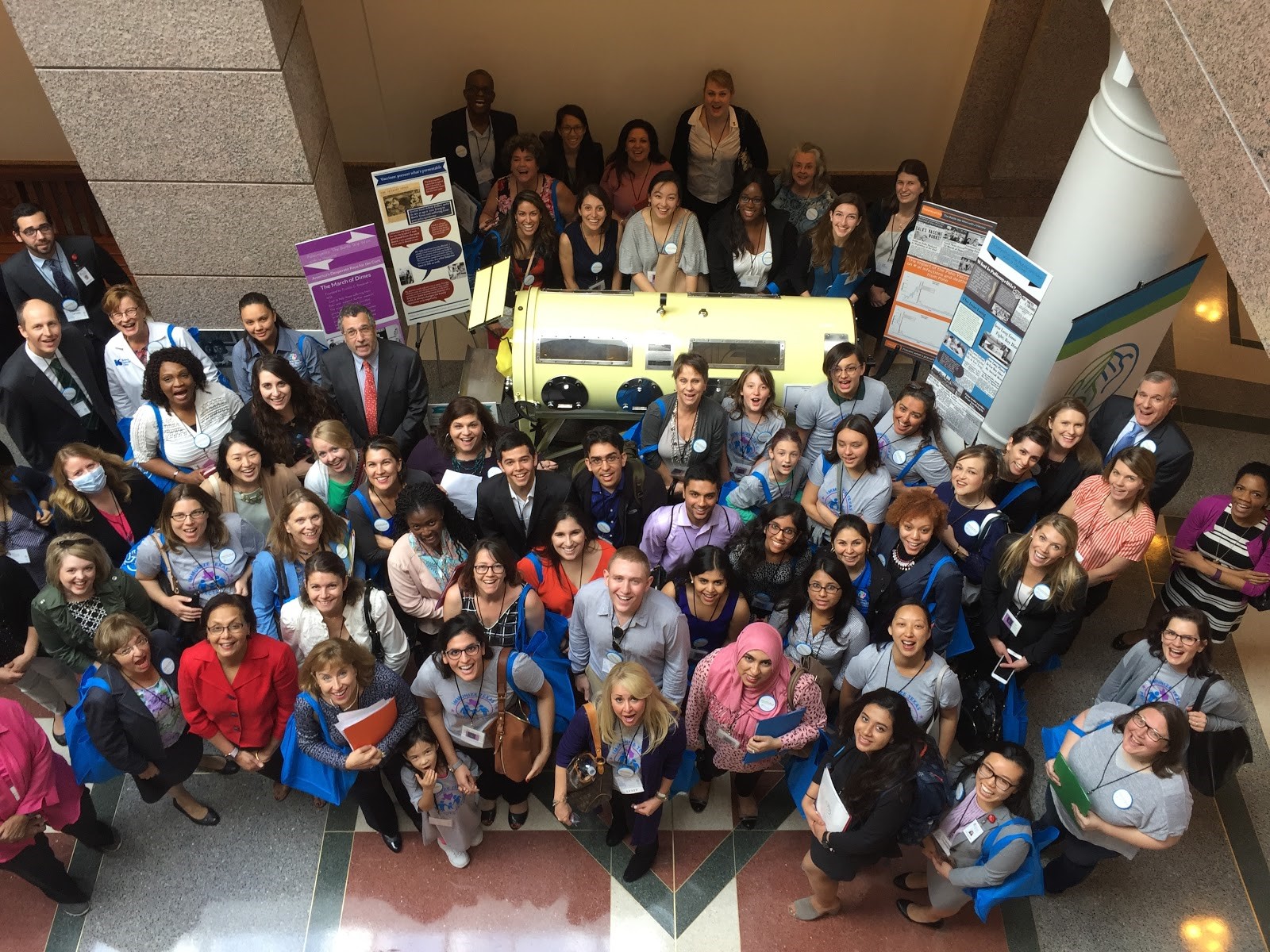
Dr. Boom, you helped test the effectiveness of another relatively recent vaccine, one that prevents rotavirus, which used to hospitalize or even kill babies and toddlers even into the 2000s. So there are 20-somethings and college students around who almost died of this. Tell us about your research.
Boom: What my team does is gather data on children who are coming into the hospital since we’ve had the vaccine to see how well it’s working. And it works very well to prevent hospitalizations. Things like the rotavirus vaccine have really changed pediatric medicine. It’s reduced suffering and saved an amazing number of dollars because we don’t have families running to the emergency room with a child with severe diarrhea and that uncontrollable, uncontrollable vomiting.
We’re able to wipe out disease after disease, so much so that when your kid is born in America today, you never think that they might succumb to illness. That’s totally different from 100 years ago.
Do you see fewer people saying no to chicken pox or rotavirus vaccines, since these diseases are better remembered?
Boom: It’s interesting, the older the vaccine is, the less resistance we see to it. So when the varicella chickenpox vaccine came out, I remember my daughter was born in 1995 and she was one of the pretty early kids to get that vaccine. And we had patients who didn’t think it was necessary. And I think we even had physicians who recommended it less strongly. Over time, I think it becomes part of the social norm. Rotavirus vaccine has been available since 2006. HPV is about the same, from the same era. [It protects against a sexually transmitted human papillomavirus virus, which can cause cancer]. After we’ve had those vaccines for about 17 years or something like that, they become our accepted “normals.”
And so now that COVID vaccine is the new kid on the block.
“When your kid is born in America today, you never think that they might succumb to illness. That’s totally different from 100 years ago.”
Dr. Boom, you co-wrote a booklet in 2009 called Vaccine-Preventable Disease: The Forgotten Story, which included stories of 20 children and families whose lives were dramatically impacted by preventable illnesses. If you were writing that book now, are there other diseases and stories you’d include?
Boom: Measles and of course, COVID. But it’s very hard to find people willing to speak about how the first decision they made wasn’t their best decision and now they’ve come to a new wisdom.
In our original book, we have the story of the Scott family. That family had wanted to live a very holistic life, you know, wooden toys, organic food, etc. And they thought that to do that, you should delay immunizations until age 2. Then their little boy was hospitalized with pneumococcal bacteremia at about 9 months of age. He ended up in the Texas Children’s emergency room, unvaccinated with a high fever and with bacteria in his bloodstream. And his parents did have a change of heart and said, “Gosh, being healthy is not just about eating healthy and then creating a healthy environment. It’s about getting vaccinated.”
With regard to COVID-19, I think a big undertold story is the number of children that have lost one or both parents to COVID. As of a year ago, they estimated 150,000 to 200,000 kids in the United States had been orphaned or had lost a parent. In my mind there’s no way to minimize this, nor should we as a society minimize the life-changing, horrible, profound impact … that has had on these children’s lives.
This interview was edited for length and clarity.

